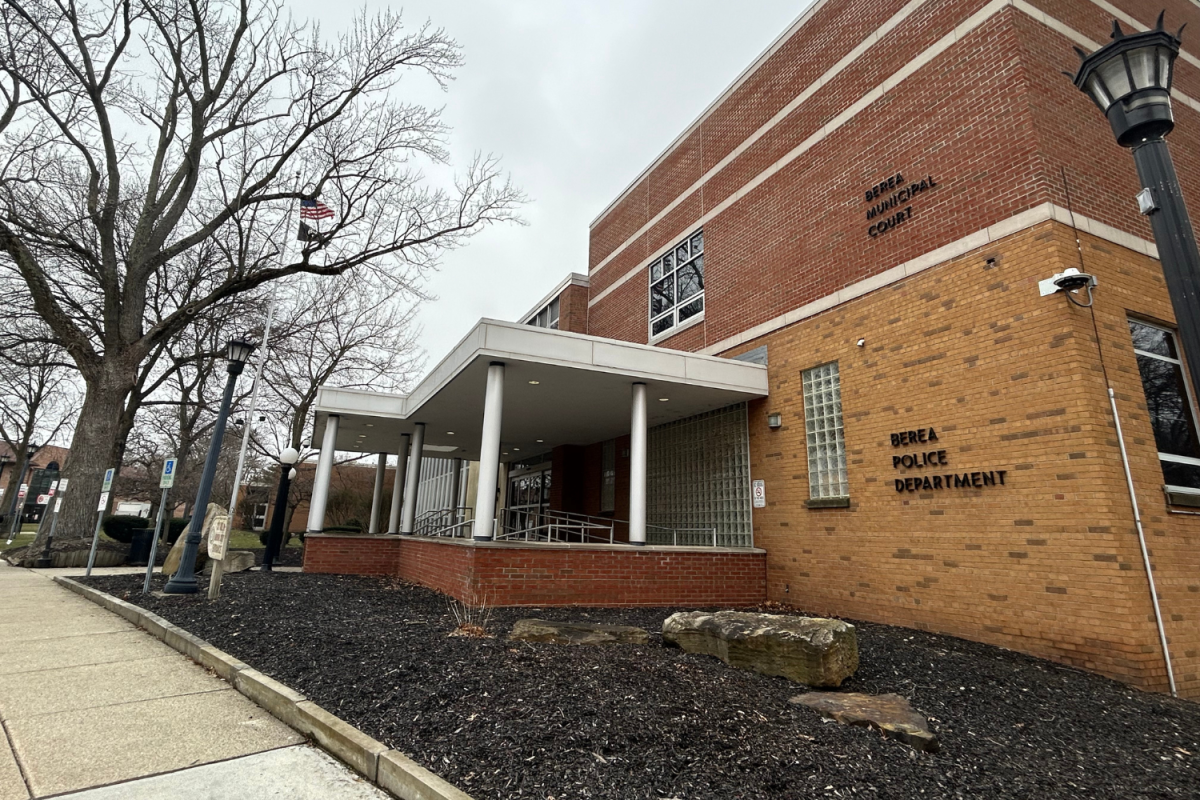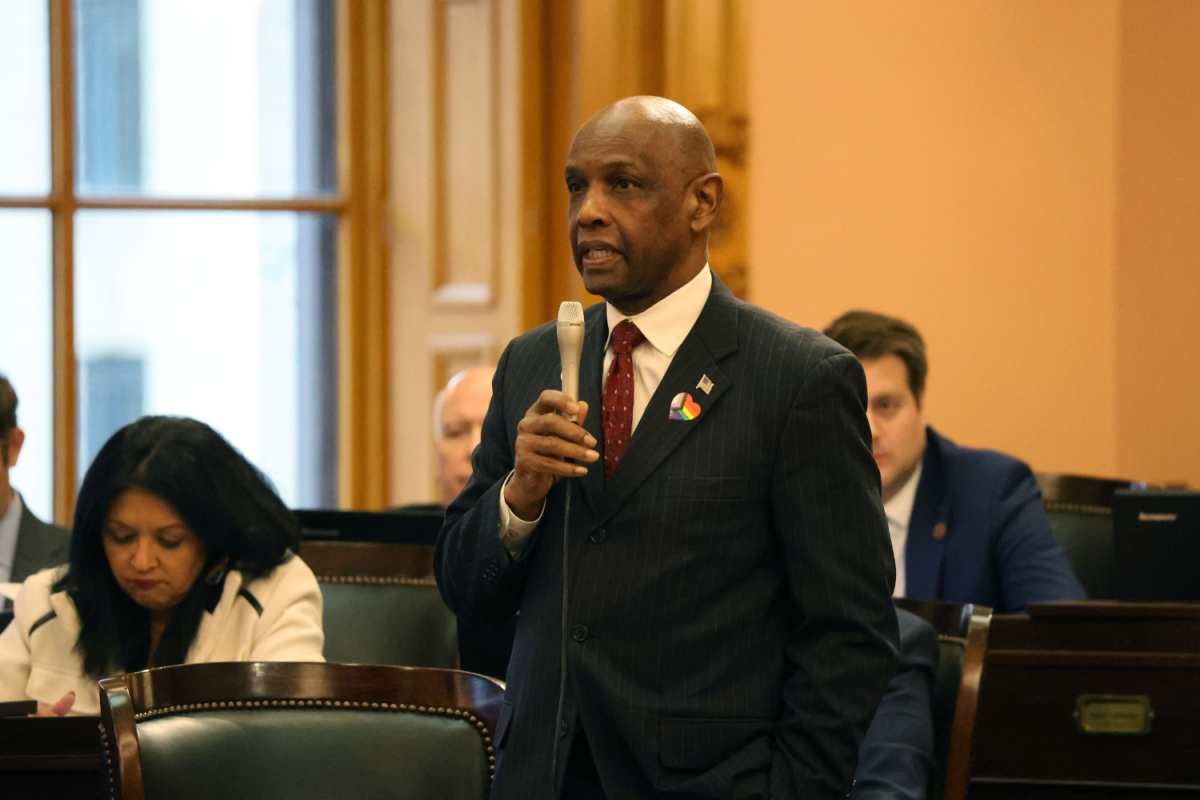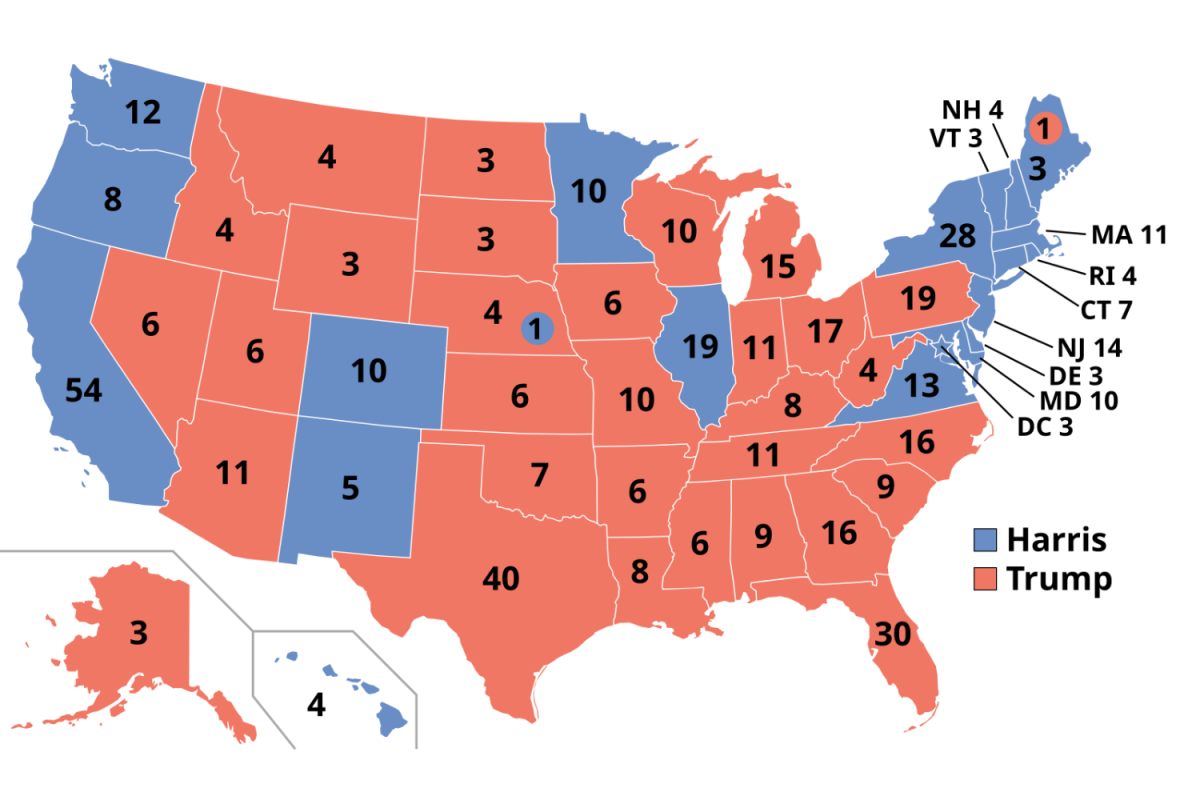Recently introduced by primary sponsors Representative Bride Rose Sweeney (D-Westlake), who represents the City of Berea, and Representative Kevin Miller (R-Newark), House Bill 333 would eliminate ticket and arrest quotas for Ohio police departments.
Sweeney said she was notified of issues regarding quotas not by citizens but by law enforcement officers.
“This actually came to me from the Ohio Patrolmen’s Benevolent Association, which is a union made up of law enforcement,” Sweeney said.
Regarding policing in the City of Berea, Lieutenant Tom Walker said that they do not currently utilize quotas.
“We don’t use quotas. Never have as long as I’ve been here in Berea, which is 30 years,” Walker said. “So that doesn’t really change the way that we conduct our business, the police department here in Berea.”
While Berea does not use quotas, there are still some municipalities in Ohio that do.
“It is a very serious issue where in some municipalities, there’s actually written quotas that says that police officers have to write 10, 20, 30 tickets a month or a week for the sustainability of their job,” Sweeney said.
However, Sweeney said it is not just the quotas that are problematic.
“What’s actually more frequent is the unspoken quota, where police officers feel as though they aren’t going to get promoted, or they might get terminated because they’re not writing enough traffic tickets,” Sweeney said.
One municipality that did use quotas was the City of Independence, which Sweeney said resulted in issues for the city.
“There was an interesting case regarding quotas in Independence,” Sweeney said. “That actually led to a lawsuit and a defamation suit. That cost the city of Independence $1 million, and I think that really underscores the kind of the turmoil that can be caused within an agency when police officers are being forced to unnecessarily and needlessly trap citizens into getting speeding tickets.”
Sweeney said that a central goal of this legislation is to cut back on unnecessary interactions between Ohio citizens and the law.
“What’s so interesting about this bill is you have a bill that not only law enforcement themselves came to me to address, but I’ve also heard from those who support criminal justice reform who also see this as a way to prevent unnecessary interactions with law enforcement,” Sweeney said.
“If we can… ban the use of quotas, I think it would go a long way for community-police relations,” Sweeney said.
Lieutenant Walker said that he disagrees with the general idea of quotas and does not support their use.
“I don’t think [enforcing quotas] is appropriate to effectively manage the department,” Walker said. “It’s not needed to effectively manage a police agency.”
Walker also said that traffic tickets are only a part of Berea officers’ jobs, and that there are many other duties, such as active patrol, public parks, preventing property crimes and “making sure that there’s a good quality of life for our residents.”
Walker said that the department’s goal is not to follow quotas but rather to fulfill the needs of Berea citizens that are brought to his attention.
“Maybe there’s some speeding in a certain area that we need to concentrate on,” Walker said. “Maybe it’s some deaths that are occurring from vehicles that we want to concentrate on. We do community engagement to try to be engaged within our community at different events and talking to people.”
Sweeney also said that enforcement should be left up to the local communities.
“What’s happening in the community should be dictating what the police are doing,” Sweeney said.
According to the Ohio House of Representatives website, 25 other states have already enacted legislation banning quotas.



































